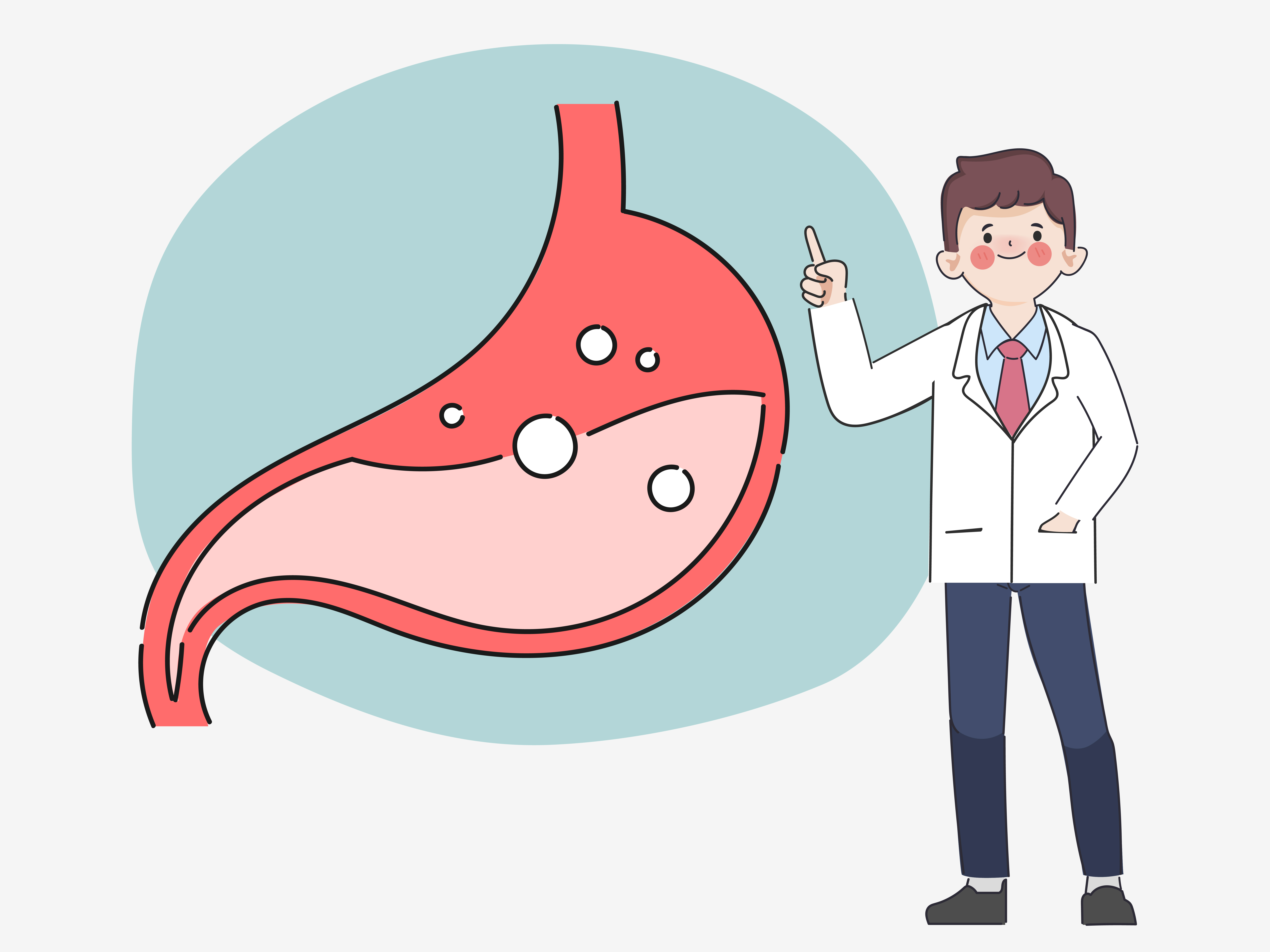
Understanding Complications of Gastroenteritis: Knowing When to Seek Help
Gastroenteritis, commonly known as the stomach flu, usually goes away on its own with rest and hydration. However, in some cases, it can lead to complications that require medical attention.
Let’s explore these complications and when it’s important to seek help.
Dehydration: One of the most common complications of gastroenteritis is dehydration. When you lose too much fluid and electrolytes through vomiting and diarrhea, your body can become dehydrated. Signs of dehydration include extreme thirst, dry mouth, dark urine, dizziness, and fatigue.
Electrolyte Imbalance: Gastroenteritis can disrupt the balance of electrolytes in your body, such as sodium, potassium, and chloride. Electrolytes are essential for proper functioning of the body’s cells and organs. An imbalance can lead to muscle cramps, weakness, and irregular heartbeat.
Severe Diarrhea or Vomiting: If diarrhea or vomiting becomes severe and persistent, it can lead to further complications, such as nutrient deficiencies, electrolyte imbalances, and dehydration. Chronic diarrhea can also indicate an underlying infection or other gastrointestinal conditions.
Blood in Stool: The presence of blood in stool, also known as hematochezia, may indicate a more serious underlying condition, such as inflammatory bowel disease, gastrointestinal bleeding, or infection. It’s important to seek medical attention if you notice blood in your stool.
High Fever: While fever is a common symptom of gastroenteritis, a high fever (above 102°F or 38.9°C) accompanied by severe abdominal pain, persistent vomiting, or bloody diarrhea may indicate a more severe infection that requires medical evaluation.
Underlying Health Conditions: Individuals with weakened immune systems, chronic medical conditions, or those taking immunosuppressive medications may be at higher risk of complications from gastroenteritis. It’s important for them to seek medical attention promptly if they develop symptoms. If you or someone you care for experiences any of these complications, it’s crucial to seek medical attention promptly. Your healthcare provider can assess the severity of the condition and provide appropriate treatment to prevent further complications.
To seek medical advice, always consult a Doctor. Here are our recommended experts. Click Here
To read more on Gastroenteritis. Click Here



